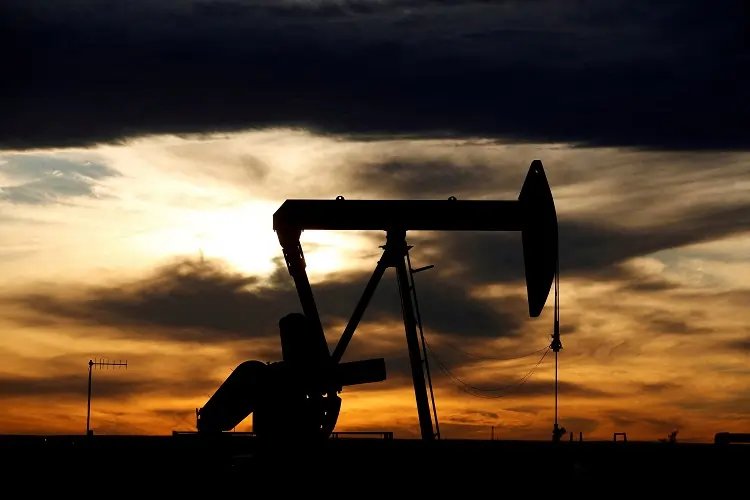Oil prices ease on surplus concerns, dollar strength


By Nicole Jao
NEW YORK (Reuters) -Oil prices edged lower on Monday in thin trade ahead of the Christmas holiday on concerns about a supply surplus next year and a strengthened dollar.
Brent crude futures settled down 31 cents, or 0.43%, at $72.63 a barrel. U.S. West Texas Intermediate crude futures fell 22 cents, or 0.32%, to $69.24 a barrel.
Macquarie analysts projected a growing supply surplus for next year, which will hold Brent prices to an average of $70.50 a barrel, down from this year’s average of $79.64, they said in a December report.
Concerns about European supply eased on reports the Druzhba pipeline, which sends Russian and Kazakh oil to Hungary, Slovakia, the Czech Republic and Germany, has restarted after halting on Thursday due to technical problems at a Russian pumping station.
The U.S. dollar was hovering around two-year highs on Monday morning, after hitting that milestone on Friday.
“With the U.S. dollar changing from weaker to stronger, oil prices have given up earlier gains,” UBS analyst Giovanni Staunovo said.
A stronger dollar makes oil more expensive for holders of other currencies.
On Friday, U.S. data that showed cooling inflation helped alleviate concerns after the Federal Reserve interest rate cut last week.
“With the Fed sending mixed signals and some of these economic data points not being all that robust, the market is listless,” said John Kilduff, partner at Again Capital in New York.
Brent futures fell by around 2.1% last week, while WTI futures lost 2.6%, on concerns about global economic growth and oil demand after the U.S. central bank signalled caution over further easing of monetary policy.
Research from Asia’s top refiner Sinopec pointing to China’s oil consumption peaking in 2027 also weighed on prices.
U.S. President-elect Donald Trump on Friday urged the European Union to increase U.S. oil and gas imports or face tariffs on the bloc’s exports.
Trump also threatened to reassert U.S. control over the Panama Canal on Sunday, accusing Panama of charging excessive rates to use the Central American passage and drawing a sharp rebuke from Panamanian President Jose Raul Mulino.
(Reporting by Nicole Jao in New York, Robert Harvey in London, Florence Tan and Siyi Liu in Singapore; Editing by Jason Neely, Alistair Bell and Mark Porter)
Brent crude oil is a major trading classification of crude oil originating from the North Sea. It serves as a global benchmark for oil prices and is used to price two-thirds of the world's crude oil.
West Texas Intermediate (WTI) is a grade of crude oil used as a benchmark in oil pricing. It is sourced from the U.S. and is known for its high quality and low sulfur content.
A supply surplus occurs when the quantity of a product supplied exceeds the quantity demanded at a given price. This can lead to lower prices as sellers compete to sell their excess inventory.
Monetary policy refers to the actions taken by a central bank to manage the money supply and interest rates to achieve macroeconomic objectives such as controlling inflation and stabilizing the currency.
Explore more articles in the Trading category











